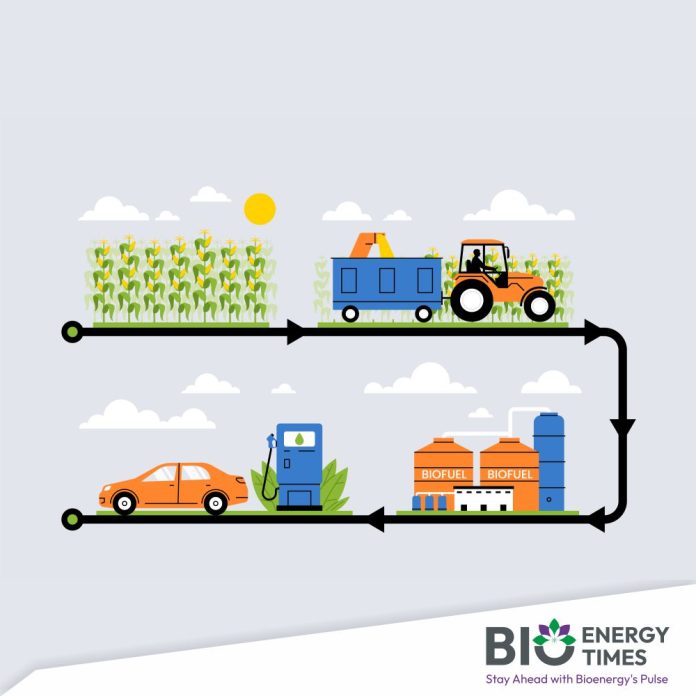Arief Satria, the Rector of Bogor Agricultural University (IPB), has suggested that the expansion of Biodiesel B50 could require the development of 9.2 million hectares of new palm oil plantations to meet growing demand, reported Indonesia Business Post.
The push for Biodiesel B50, a blend of 50% palm oil-based biofuel and 50% diesel, comes as Indonesia aims to increase its use of crude palm oil (CPO) in biodiesel production. Currently, the country is implementing the B35 program, which blends 35% palm oil and fatty acid methyl ester (FAME) into diesel.
The shift to B50 is expected to significantly boost demand for CPO, necessitating vast new areas for palm oil cultivation. “It is estimated that up to 9.2 million hectares of new plantations will be required to support Biodiesel B50,” Arief said during a session organized by the Relawan Pengusaha Muda Nasional (Repnas) in Jakarta on Monday, October 14, 2024.
However, Arief also warned that the large-scale expansion of palm oil plantations could face challenges in the global market. Many developed nations, particularly in Europe, are tightening anti-deforestation regulations, which could limit the export of Indonesian palm oil. This poses a risk to Indonesia’s commitment to achieving net-zero emissions by 2060.
Beyond trade obstacles, the biodiesel program also faces financial challenges. Arief pointed out that the Palm Oil Plantation Fund Management Agency (BPDPKS) is currently responsible for funding the initiative, but its resources are limited. As demand for biodiesel grows, BPDPKS may struggle to meet funding needs. He emphasized that additional measures, such as implementing carbon taxes and offering green incentives through the national budget (APBN), will be essential to sustain the program.
On the positive side, Arief highlighted that the biodiesel program has already played a role in stabilizing CPO prices on the global market, which could benefit local farmers by boosting palm oil prices. Moreover, biodiesel has helped reduce emissions by 22.48 million tons, supporting Indonesia’s broader energy transition goals.
“Biodiesel is a significant step forward, but we must also explore other bioenergy sources,” Arief concluded. He pointed out that beyond palm oil, other promising bioenergy alternatives, such as rice husks, rubber, and waste, could contribute to Indonesia’s renewable energy strategy.















